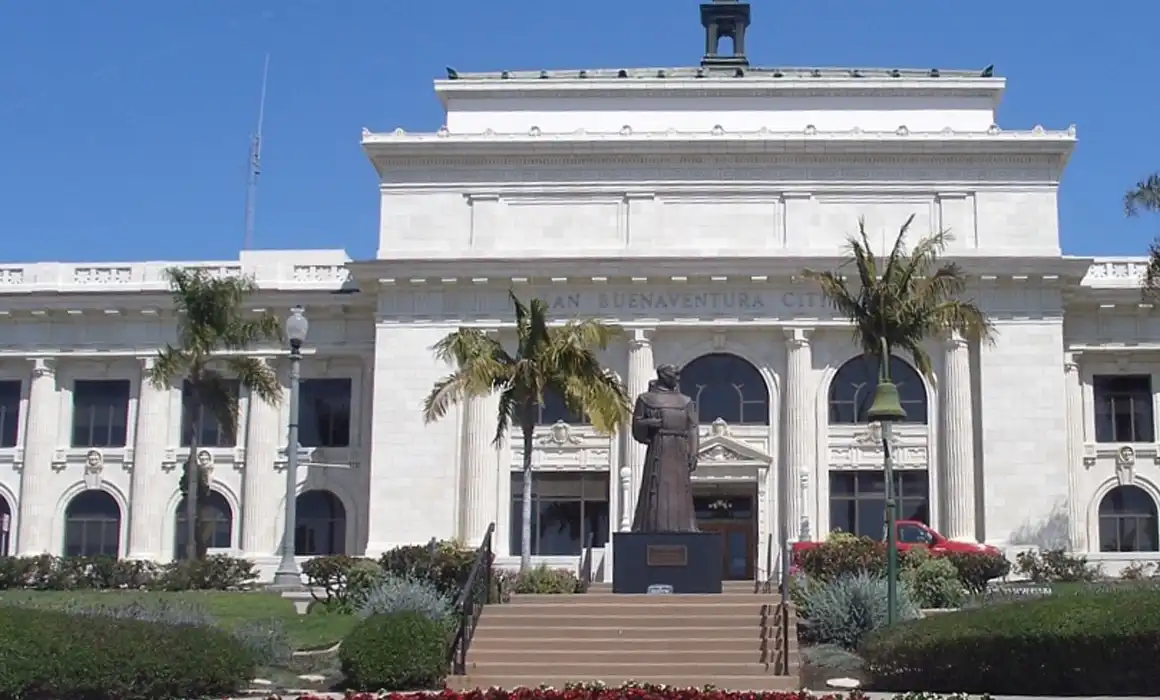California has always been at the forefront of environmental policies and progressive legislation. Senate Bill 1383 (SB 1383) is no exception. Signed into law in 2016, SB 1383 is a landmark piece of legislation that aims to significantly reduce Short-Lived Climate Pollutants (SLCPs), particularly methane emissions from organic waste.
SB 1383: Key Objectives and Targets for Organic Waste Reduction in California
SB 1383 establishes ambitious targets for reducing organic waste disposal and recovering edible food for human consumption. The legislation mandates:
- A 50% reduction in the level of statewide disposal of organic waste from the 2014 level by 2020
- A 75% reduction in the level of statewide disposal of organic waste from the 2014 level by 2025
Additionally, SB 1383 requires the recovery of at least 20% of currently disposed edible food for human consumption by 2025.
To achieve these goals, the bill enforces mandatory organic waste recycling, supports the development of recycling infrastructure, and promotes edible food recovery programs.
How SB 1383 Impacts Businesses and Communities
SB 1383 has far-reaching implications for businesses and communities across California. Key requirements of the legislation include:
- Mandatory organic waste recycling for businesses and multi-family residential dwellings
- The establishment of edible food recovery programs for large food generators, such as supermarkets, restaurants, and hotels
- The development of local recycling infrastructure, including composting and anaerobic digestion facilities
- The adoption of procurement policies that promote the use of recycled organic waste products
These requirements not only help reduce methane emissions but also create new opportunities for green job growth, stimulate local economies, and foster a sustainable, circular economy.
The Role of Waste Management Companies in SB 1383 Implementation
Waste management companies, such as Waste Management Inc., play a crucial role in the successful implementation of SB 1383. By partnering with businesses and communities, waste management companies can:
- Provide education and outreach on the importance of organic waste recycling and edible food recovery
- Offer comprehensive organic waste collection and recycling services
- Support the development of recycling infrastructure and markets for recycled organic waste products
- Assist businesses and communities in meeting their SB 1383 compliance requirements
Conclusion: Embracing SB 1383 for a Sustainable Future
California’s SB 1383 is a groundbreaking piece of legislation that addresses the pressing issue of climate change by targeting methane emissions from organic waste. By embracing the objectives and requirements of SB 1383, businesses, communities, and waste management companies can work together to reduce their environmental impact, support a circular economy, and pave the way for a sustainable future.




